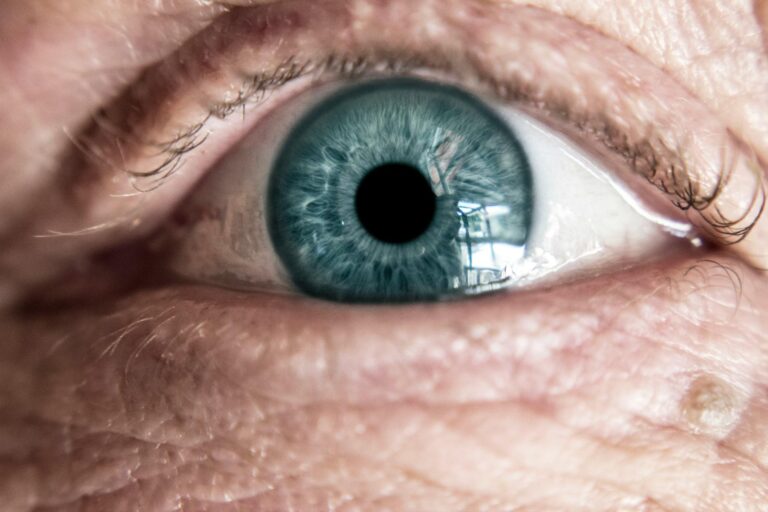What are the warning signs of a stroke in elderly people

The warning signs of a stroke in elderly people include sudden face drooping on one side, arm weakness where one arm drifts downward when raised, slurred...

The warning signs of a stroke in elderly people include sudden face drooping on one side, arm weakness where one arm drifts downward when raised, slurred...

Managing high blood pressure naturally after 60 is genuinely achievable through a combination of dietary changes, consistent physical activity, weight...

The most common causes of back pain in older adults are structural and degenerative changes in the spine — primarily degenerative disc disease, facet...

When an older adult comes home from surgery or a hospital stay seeming disoriented, agitated, or unlike themselves, the experience can be alarming for...

The signs of malnutrition in elderly adults include unintentional weight loss, muscle wasting, fatigue, slow wound healing, brittle hair and nails, dry or...

Aging inevitably changes the eyes, and those changes begin earlier than most people expect. By the mid-40s, nearly everyone notices some difficulty...

Nighttime leg cramps in seniors are most commonly caused by a combination of factors: muscle fatigue and overuse during the day, dehydration, electrolyte...

Tremors in older adults develop primarily because of neurological changes that accumulate over a lifetime, and the most common cause is a condition called...

The most common medication side effects in elderly patients include falls and fractures, cognitive impairment and delirium, gastrointestinal bleeding, and...

Improving mobility in seniors with arthritis is achievable through a consistent combination of low-impact exercise, targeted physical therapy,...